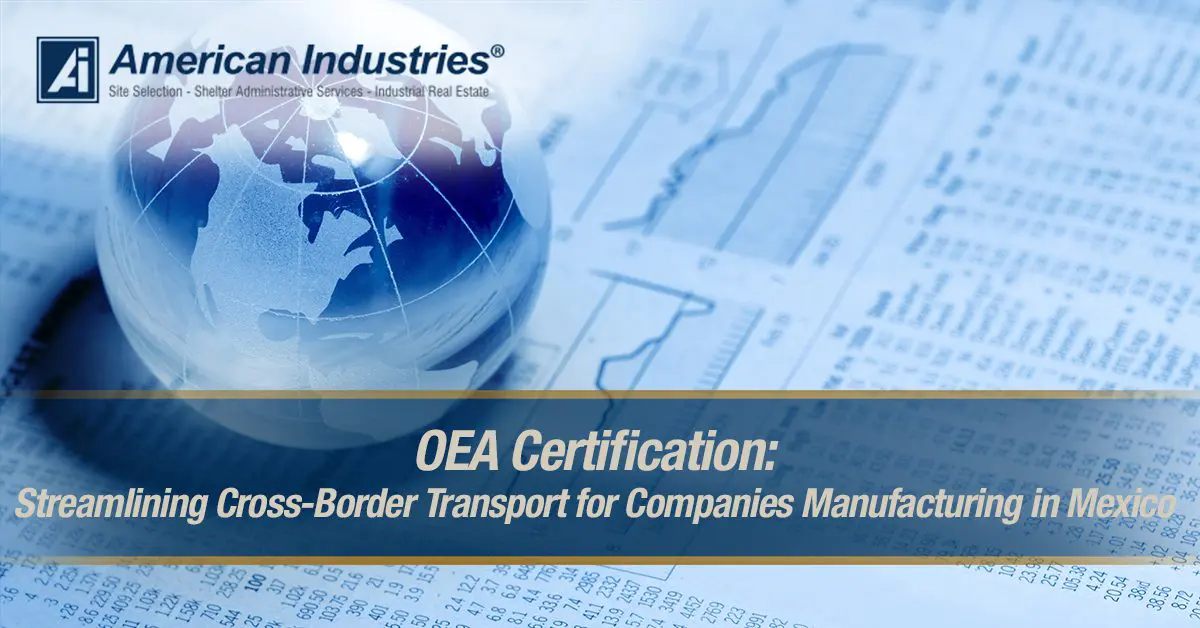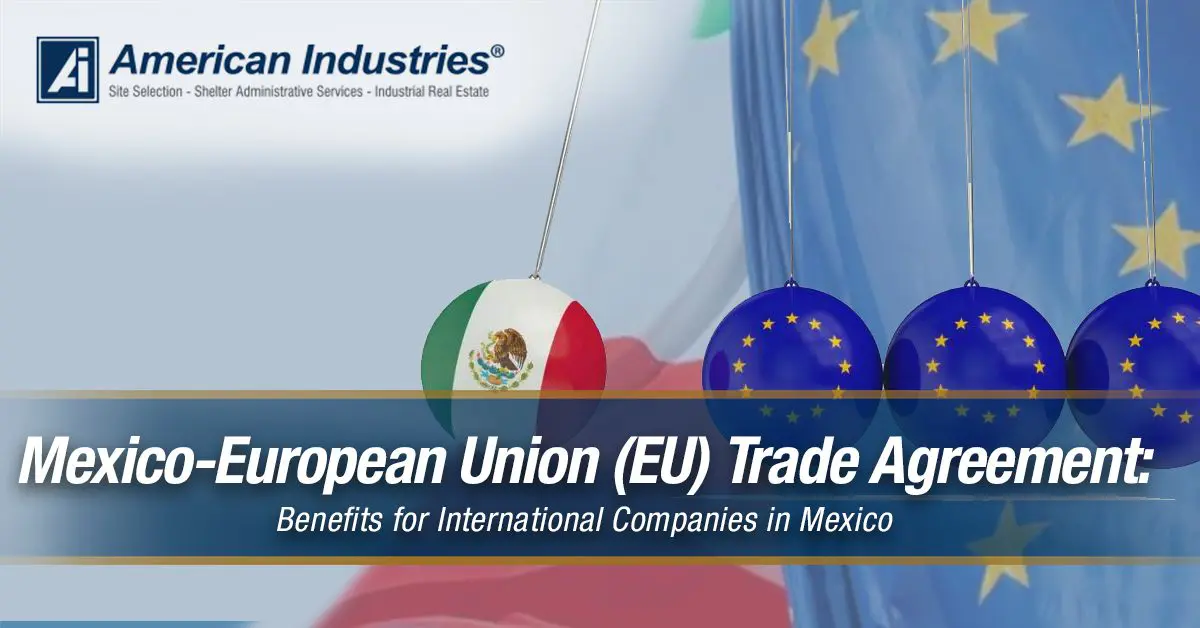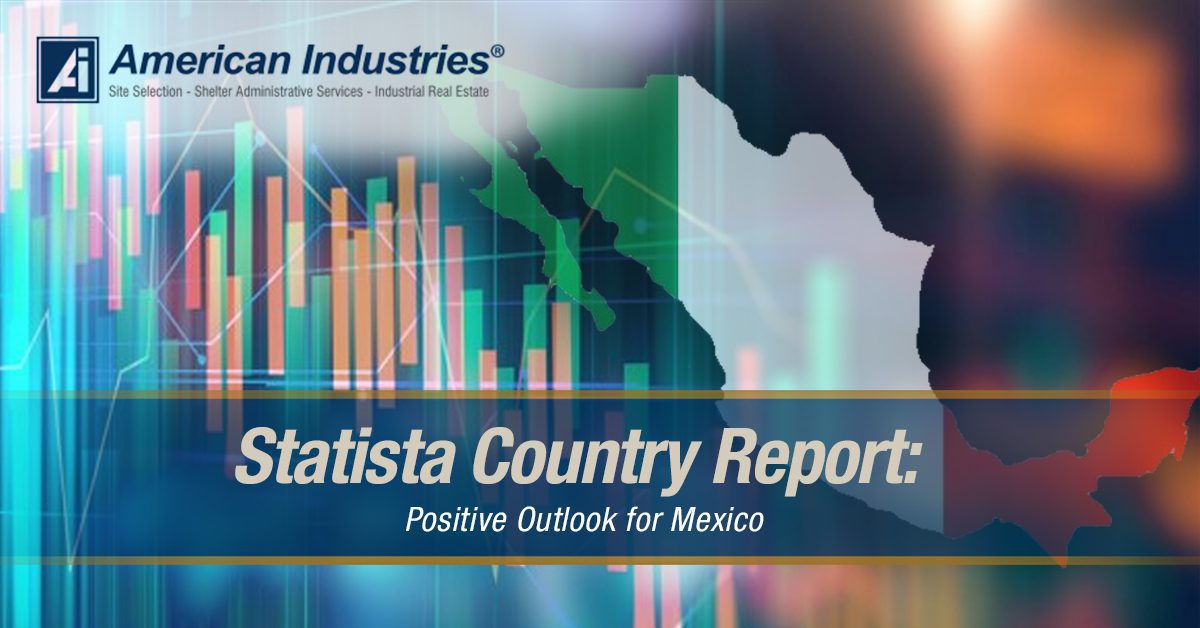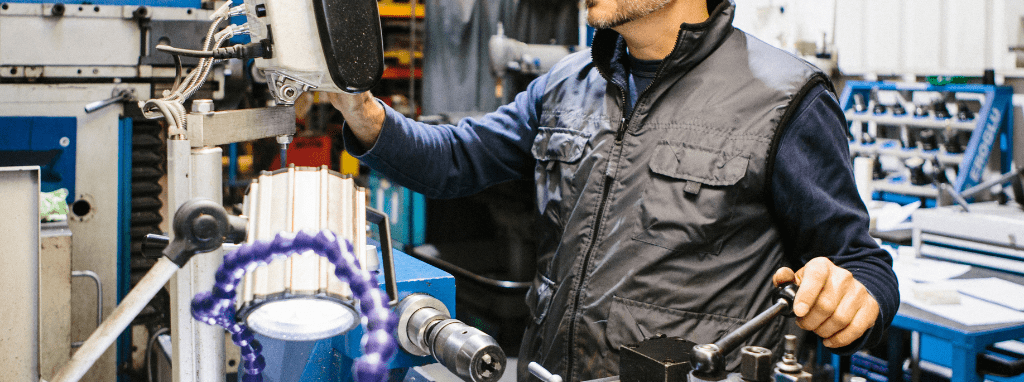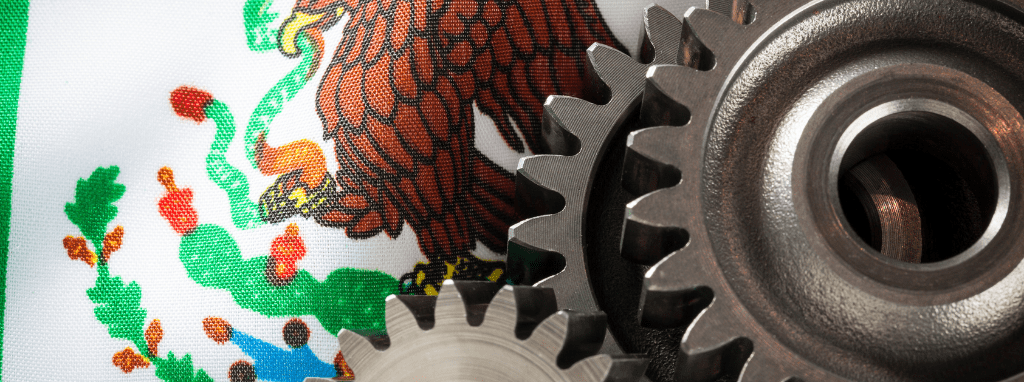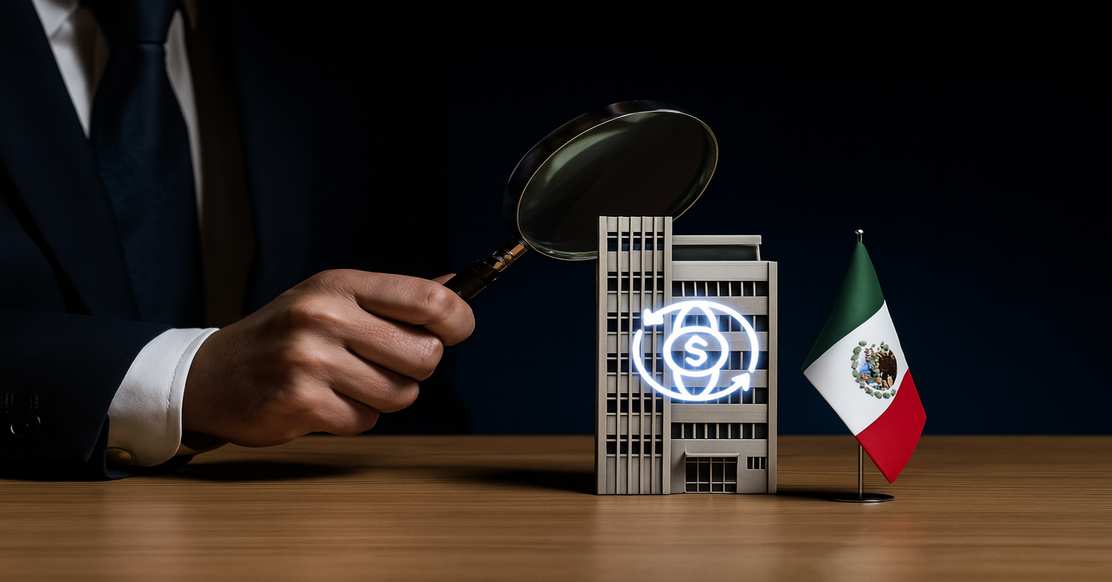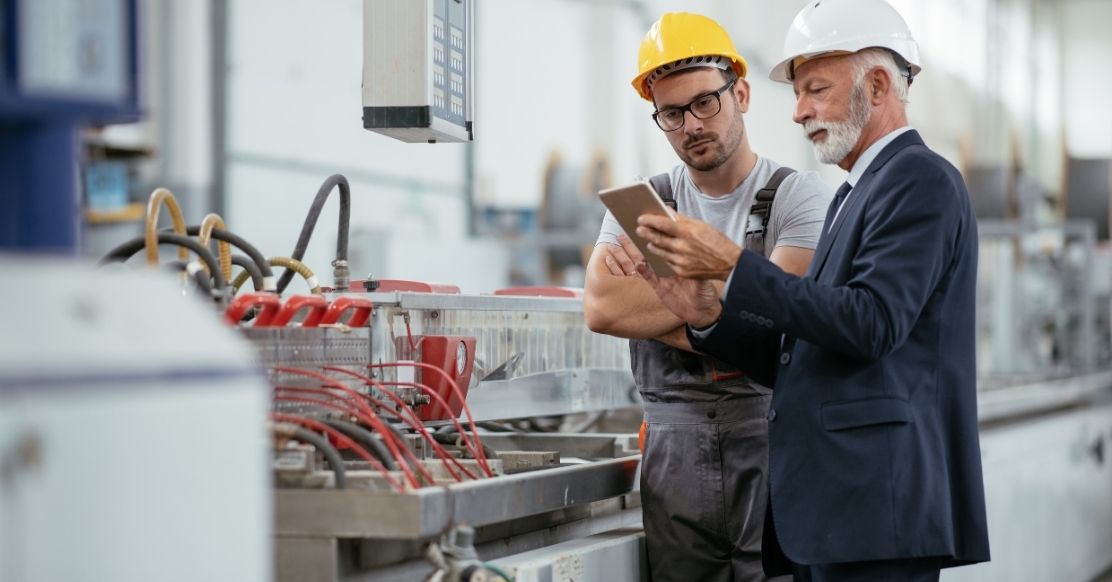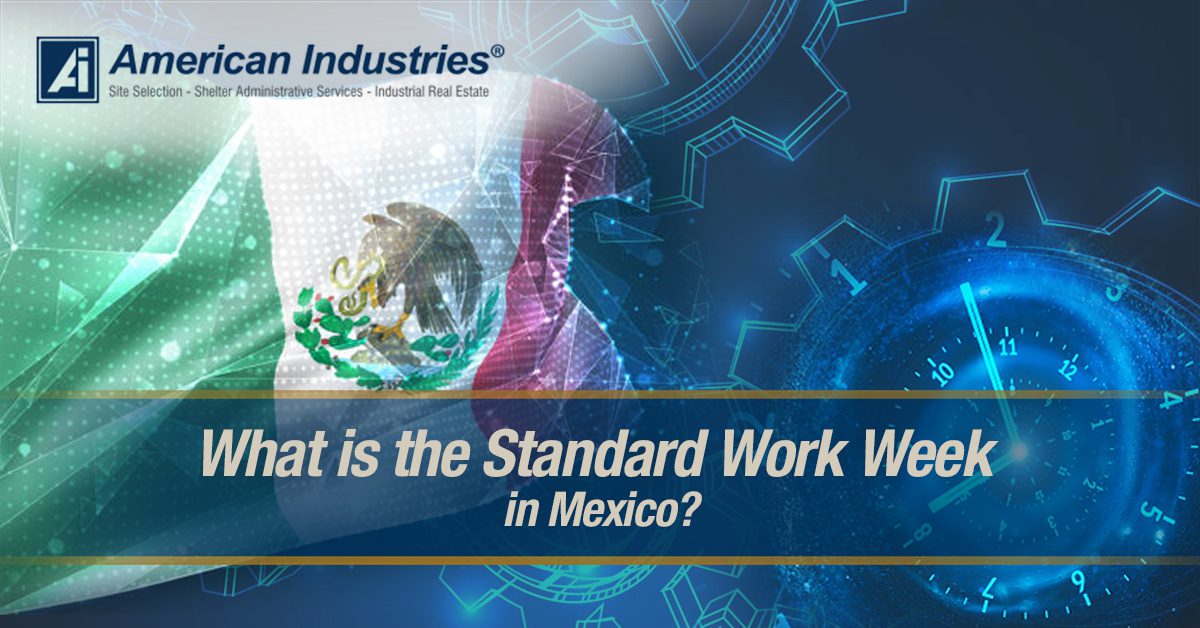Maquiladora Mexico: Understanding the Industry That Powers Global Manufacturing
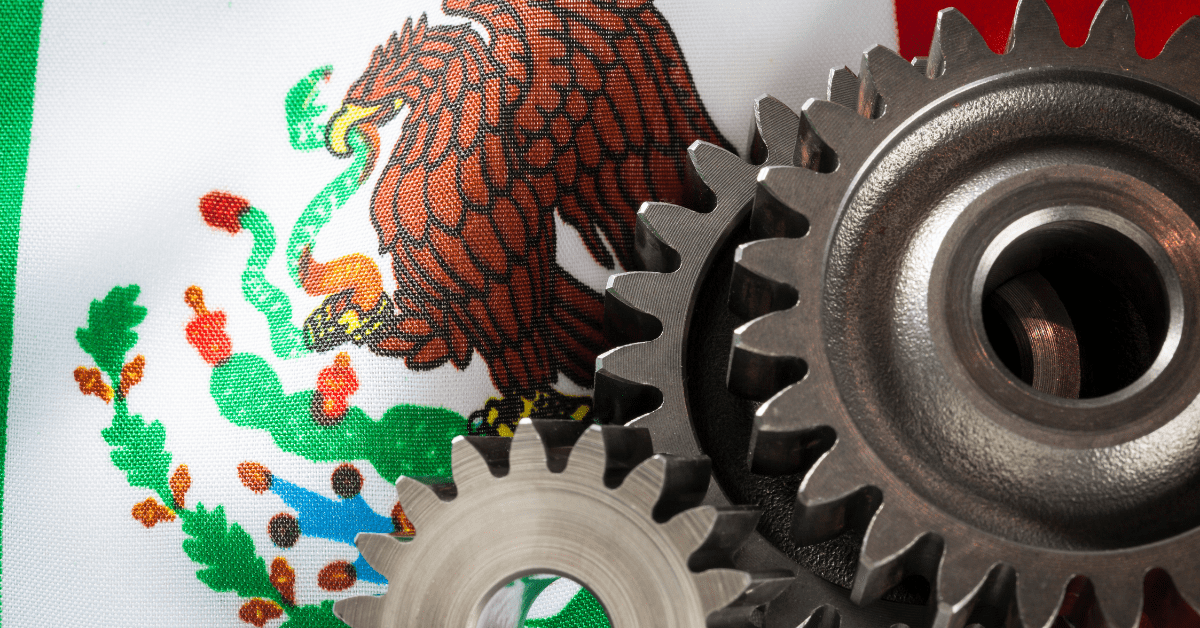
Published 08/21/2024
A maquiladora is a unique manufacturing operation in Mexico. It allows foreign companies to import raw materials and components into the country, assemble or process them, and then export the finished products back to the original market, often the United States. This model, commonly referred to as the maquila industry, has become a cornerstone of Mexico’s manufacturing sector, playing a significant role in the country’s economic growth.
The Evolution and Meaning of the Maquiladora Industry in Mexico
The term maquiladora traces its origins to the early 1960s when the Mexican government established the Maquiladora Program to promote industrial growth and job creation along the U.S.-Mexico border. Initially, these factories were limited to assembling goods for export, but over time, the scope of operations has expanded, encompassing a wide range of industries from electronics to automotive production.
The maquiladora meaning has evolved beyond mere assembly, representing a broader industrial strategy that integrates Mexico into the global supply chain. Today, the maquiladora industry is not just a significant source of employment but also a vital component of Mexico’s economic framework, driving technological advancement and foreign investment and continuing to thrive in Mexico’s industrial landscape.
How the Maquiladora Program Facilitates Global Manufacturing
Maquiladoras in Mexico operate under a unique framework defined by specific regulations aimed at facilitating international trade and manufacturing. Today, the core of this framework is the IMMEX program, which allows international manufacturing companies to temporarily import raw materials, components, and machinery into Mexico free of import duties. Additionally, companies that hold an IVA/IEPS certification under the IMMEX program are granted an 18-month VAT credit by Mexican authorities, which is canceled upon the export of the imported goods. If the goods are not exported, the credit must be paid. This certification significantly reduces production costs and enhances the competitiveness of companies in global markets.
The operational structure of maquiladoras is designed to optimize efficiency and cost-effectiveness. Typically, these operations are fully or partially owned by foreign entities that leverage Mexico's strategic location and skilled labor force. The import-export model is central to the maquiladora system, allowing companies to bring in materials from abroad, process or assemble them, and then export the finished goods without the burden of heavy tariffs. This tariff advantage, coupled with lower labor costs, makes the maquiladora industry highly attractive to international businesses.
Exploring Maquila Industries: Automotive, Electronics, and Textiles in Mexico
The maquiladora industry in Mexico encompasses a wide range of sectors, each contributing significantly to global manufacturing. Here’s a breakdown of the key industries utilizing maquiladoras:
- Automotive Sector: Maquiladoras in the automotive industry produce a variety of components, including engines, transmissions, electronics, and interior parts. These products are essential to the global automotive supply chain, particularly due to their strategic location near the U.S. border, which allows for reduced transportation time and costs.
- Electronics Industry: The electronics sector is a major player in the maquiladora industry. Products such as televisions, smartphones, and other consumer electronics are assembled in Mexico’s maquilas. This sector has experienced significant technological advancements, including automation and robotics, which have enhanced production efficiency and product quality.
- Textile Industry: Maquiladoras in the textile industry focus on producing apparel, fabrics, and other textile goods. Mexico's maquiladoras are known for their high-quality craftsmanship and quick turnaround times, making them a preferred choice for international brands seeking reliable manufacturing partners.
These diverse sectors illustrate the adaptability and resilience of the maquiladora program, which continues to be a vital component of Mexico’s industrial and economic success.
How Maquiladoras Drive Growth in Mexico and Offer Strategic Advantages for Global Manufacturers
The maquiladora industry in Mexico delivers substantial benefits to the country and the foreign companies that participate in this manufacturing model.
For Mexico, maquiladoras have been a cornerstone of job creation and economic development, particularly in regions near the U.S. border. These factories not only generate employment opportunities but also contribute to local economies and household incomes. Additionally, maquiladoras play a crucial role in enhancing the skills of the Mexican workforce. Employees often receive specialized training in advanced manufacturing techniques, quality control, and technological processes, which boosts productivity and provides valuable expertise that benefits the broader economy.
The maquiladora program has also been a major draw for foreign investment, making Mexico an attractive hub for international manufacturers. This influx of capital has strengthened the national economy and created a competitive manufacturing landscape. Moreover, the presence of foreign companies has facilitated the transfer of cutting-edge technologies and best practices to Mexico, further positioning the country as a key player in global manufacturing.
How NAFTA and USMCA Shaped the Maquiladora Industry in Mexico
The maquiladora industry has long been influenced by trade agreements, with NAFTA (North American Free Trade Agreement) playing a pivotal role in its expansion. Implemented in 1994, NAFTA significantly boosted the growth of maquiladoras by reducing trade barriers between the U.S., Canada, and Mexico. This agreement allowed for the seamless flow of goods and materials across borders, further integrating Mexico into the global supply chain.
In 2020, NAFTA was replaced by the USMCA (United States-Mexico-Canada Agreement), which introduced several enhancements that positively impacted the maquiladora sector. The agreement maintained the core benefits of tariff reductions and market access while strengthening trade relationships.
The USMCA also emphasized the importance of regional content, particularly in the automotive sector, leading maquiladoras to optimize and innovate within their supply chains. These updates ensure that the maquiladora industry continues to thrive, benefiting from a modernized trade framework that supports growth and competitiveness in the global market.
The maquiladora industry remains a vital pillar of economic growth for Mexico and a strategic advantage for foreign companies seeking cost-effective manufacturing solutions. As the industry continues to evolve, emerging trends like automation and digitalization drive further efficiencies and open opportunities for diversification into new sectors. The adaptability and resilience of maquiladoras ensure they will remain integral to global supply chains for years to come. To learn more about how your company can benefit from the maquiladora program and explore opportunities in Mexico, contact American Industries today.
American Industries Group®
If you would like to find out more about this topic or are interested in receiving a complimentary business case analysis for your operation in Mexico, please fill out this form or contact us at:
US toll-free: +1 (877) 698 3905
Attention hours from M to F 9:00 - 18:00 CST
Please note that we do not accept job applications here. If you are interested in applying for a position, please visit the following link: https://www.americanindustriesgroup.com/jobs/
YOU MIGHT ALSO LIKE
